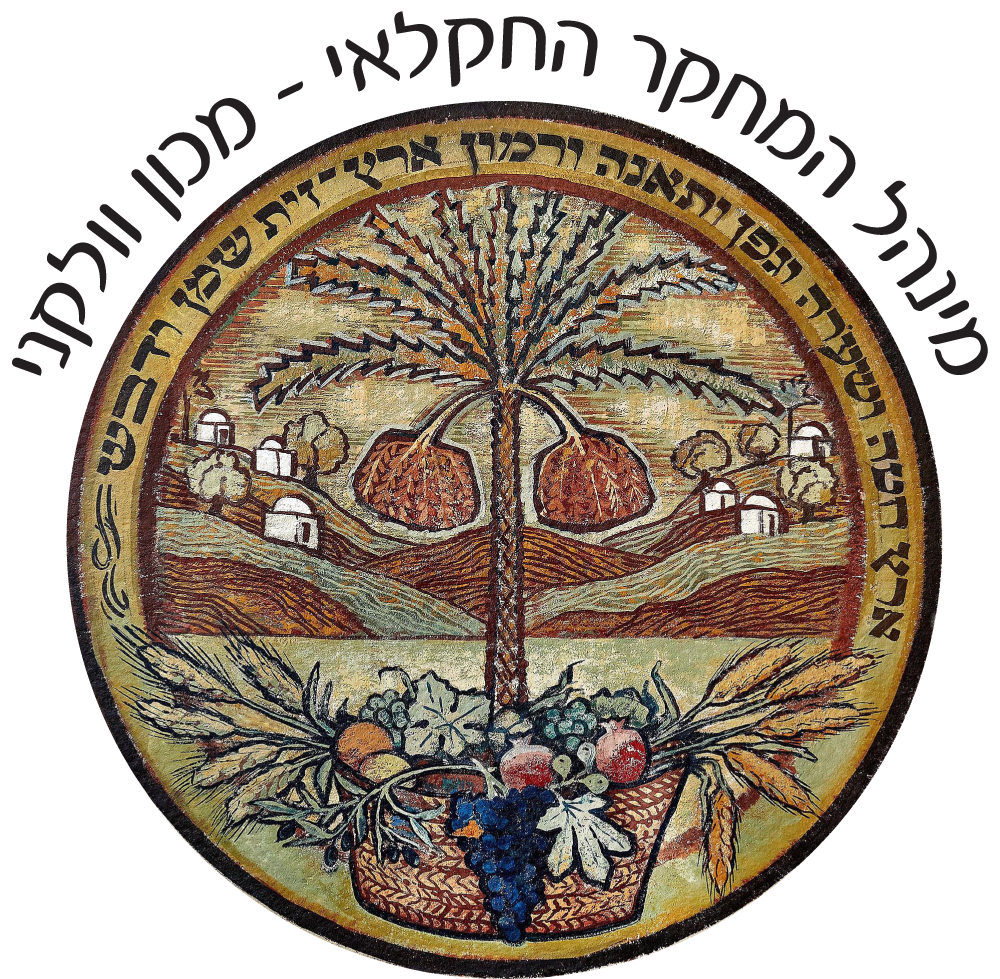Ron Ophir Ph.D.
- Fruit Tree Sciences
- +972-506220003
- +972-39683033
Biography
I earned my degrees from Tel Aviv University. My master’s research focused on improving receptor-ligand interactions by mutating the receptor binding site. For my Ph.D. dissertation, I explored molecular evolution, examining how mutation and selection contribute to differences between the human and mouse genomes. I began my career at Quark Biotech Ltd., where I served as head of microarray analyses during the early days of this emerging technology. I later played a pivotal role in establishing the microarray field at the Weizmann Institute of Science, working in the Bioinformatics Support Unit. Since 2007, I have held a position in the Agricultural Research Organization’s Fruit Tree Sciences department as a researcher. My work focuses on genomic and genetic analyses to enhance fruit tree breeding methodologies. Currently, I also investigate the genomic changes that occur during the domestication process.
Education
-
1993 – 1999
Ph.D. in The Department of Zoology at George S. Wise Faculty of Life Science, Tel Aviv University, Israel
-
1990 – 1992
M.Sc. in The Department of Cell Biology and Immunology, summa cum laude, at George S. Wise Faculty of Life Science, Tel Aviv University, Israel
-
1986 – 1989
B.Sc. in Biology, cum laude, at George S. Wise Faculty of Life Science, Tel Aviv University, Israel
Research Interests
Plant breeding can significantly benefit from molecular genetic markers, allowing selection before expressing phenotypes, thus saving time and costs. Reliable genetic markers require strong linkage, achieved through high-throughput genomic tools like SNPs. My research focuses on cost-effective marker discovery, while high-throughput genomic technologies, like single-molecule sequencing (e.g., PacBio) and Hi-C, and bioinformatics analyses into plant breeding. We adopt bioinformatics approaches to understand the genetic structure of the germplasm collection. The research methods include genetic markers development, reconciling the cultivars’ kinship, reconstructing the pan-genome, and applying marker-assisted selection methods. Further interest in my research studies the genetic determinants of adaptation of crop-wild relatives as a potential genetic reservoir for “lost traits.”
Research Areas
- Genomics
- Breeding genetics
- Population genetics
- Molecular evolution

